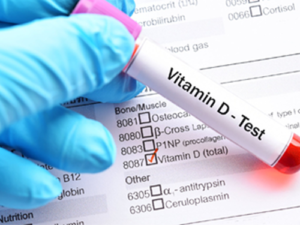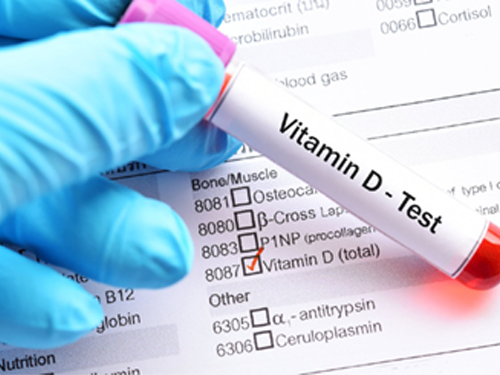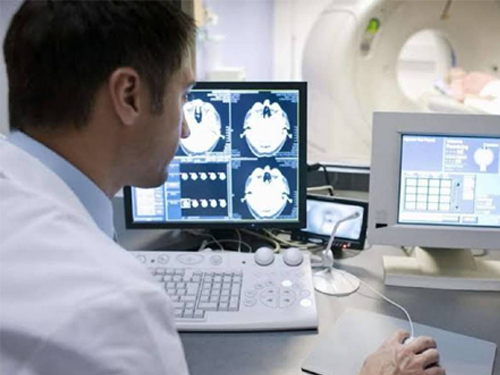 KL Deemed-to-be University has developed a path breaking technology for Vitamin-D testing at a very low cost. This creates hope of bringing down the commercial testing charges and also to make testing accessible to even the remote regions that lack facilities of high-end testing labs.
KL Deemed-to-be University has developed a path breaking technology for Vitamin-D testing at a very low cost. This creates hope of bringing down the commercial testing charges and also to make testing accessible to even the remote regions that lack facilities of high-end testing labs.
This noteworthy development has been recently published in the Microchemical Journal, Elsevier, which is a reputed international peer reviewed journal specializing in high-quality scientific, technical, and medical content.
Experts say that low levels of Vitamin D are associated with a higher risk of COVID-19 hospitalization. Vitamin D deficiency has been recently postulated to be a factor associated with an increased risk of a poor prognosis in COVID-19. In the light of this the low cost Vitamin-D testing facility is even more crucial service to humankind.
The sensor, created by the team at the University, is developed by designing a paper electrode in a specific dimension and printing the patterned electrode on an A4 photocopy paper with a specially designed ink. The cost of this paper sensor is approximately INR 40 to 50, whereas the cost of commercially available tests for Vitamin-D in hospitals and labs is around INR 1500 to INR 2000. The team at KL University has further tested the proof-of-concept with several real-life samples and concluded that the accuracy of this sensor is at over 94% which is at par with the existing commercially available tests. The sensor produces results and generates the reports within 30 minutes, saving crucial time for diagnoses.








